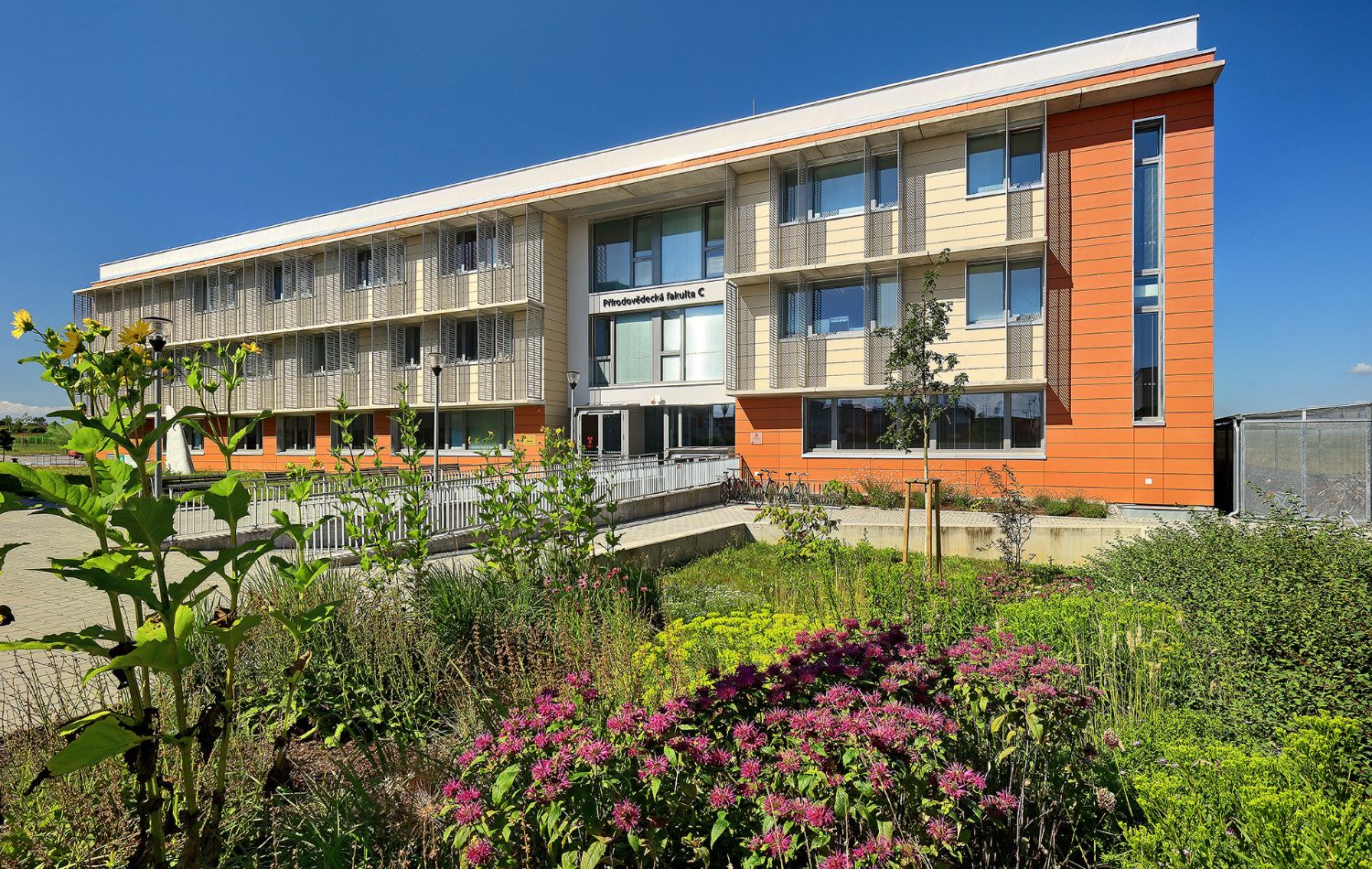Consider this article as a small guide for a UAI student on how to assign a thesis, how to write it properly and how to prepare for the defense.
When to assign your bachelor thesis
The rules of the PřF stipulate that the bachelor's thesis must be submitted by the end of the 4th semester at the latest. We recommend, however, not to delay unnecessarily and to assign your thesis preferably at the end of the second or before the beginning of the third year. Later, interesting topics may be exhausted and the teacher may also reject you because he/she has already assigned a large number of papers.
The diploma thesis must be submitted no later than the end of the first semester of the follow-up study, taking into account its time demanding nature.
What subjects to enroll in for the final school year
You must enroll in FBI/890 for the winter term and FBI/891 for the summer term. Its fulfillment is confirmed by credit by the thesis supervisor.
Students must also enroll in UAI/776 Diploma Seminar 1 for the winter semester and UAI/777 Diploma Seminar 2 for the summer semester. In these courses, the student will learn further background information on the structure and requirements of theses and will (obligatorily!) try out a mock defense. Credit in these courses is awarded by the teacher.
How to write a thesis
When writing the thesis, it is necessary to follow the structure of the thesis according to the rules of the PřF. The student can get information about the requirements of the thesis from his/her supervisor, from the faculty website and in the Diploma Seminar 1 and 2.
The recommended length of the thesis is at least 20 pages for the BP and at least 40 pages for the DP (excluding appendices). Consult your supervisor for the actual length. Extensive source code listings, documents, etc. should be inserted as appendices.
Who to ask if you don't know something
If you are unsure about anything, ask your supervisor, the Diploma Seminar course tutor, the Registrar or the Head of Department. Ask the Studies Office or the Vice Dean of Studies for general details (preferably in that order until you get the answer you need).
Information can also be found on the tutorial server Moodle in the Diploma Seminar 1 and Diploma Seminar 2 courses.
Limit information from older classmates and friends as the primary channel. Rules evolve and change over the years, also expect that the rules are different not only in different faculties but also in different departments.
When and how to submit the work
Submission of qualifying theses at the faculty is governed by the measure of the Vice-Dean for Studies P5 - https://www.prf.jcu.cz/cz/fakulta/dokumenty/opatreni-prodekanu/p5
Have your work checked by your supervisor in a timely manner. On time is definitely not the day before you tie up. Keep in mind that the supervisor may not have only your work to review and if you want advice and comments from him/her, he/she must have time to review your work. In addition, you will also need time to correct and add to the work, according to any comments.
You must submit the paper by the due date (whether electronically or by a combination of electronic and hard copy is determined by the applicable measure P5, see above). Please note that all relevant attachments to the qualification thesis must also be submitted to IS STAG.
By the same date, you must also register for your thesis defense and state examinations using the faculty form. You can find here:
https://www.prf.jcu.cz/cz/fakulta/dokumenty/formulare




















